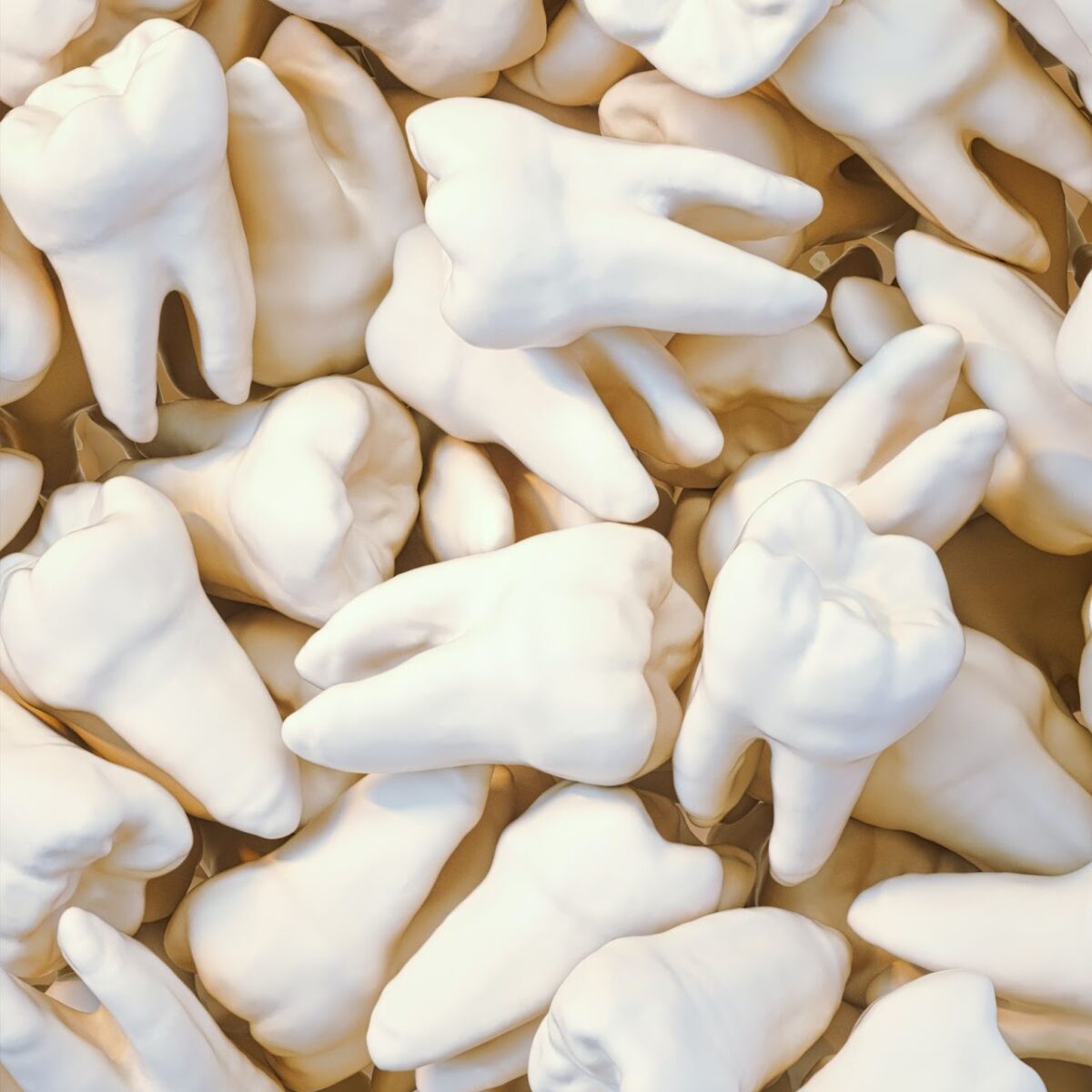If you have been struggling with plaque build-up, gum disease, or tooth decay, we advise you to seek guidance on how to keep your teeth and mouth healthy.
The bacteria that builds up in your mouth can create acids which harm the enamel and cause cavities. Brushing your teeth properly and flossing can fight against tooth decay, but if you don’t a cavity may occur and cause damage. Gum disease can also come into play if plaque builds up along the gumline. To save a trip to the dentist, read on to find out how you can fight against this and keep your teeth clean.
Advice on Brushing Your Teeth
We recommend brushing your teeth at least twice a day (but avoid overbrushing). This can be at night before you go to bed and at 1 other time during the day, which is usually in the morning when you wake up.
Fluoride toothpaste (we’ll come back to this later) is most recommended to keep your teeth clean and avoid the build-up of plaque, a film of bacteria that coats your teeth. So, be sure to brush every part of your teeth in a circular motion!
Electric VS Manual Toothbrush – Which Is Better?
Neither electric nor manual toothbrushes are better than the other – it’s just how you use them! Just make sure to brush all surfaces of your teeth and use fluoride toothpaste. However, it can be easier to clean thoroughly using an electric toothbrush, as it automatically moves in a circular motion to make sure your teeth are squeaky clean!
Interdental Brushes
Interdental brushes or single-tufted brushes are also super helpful for keeping your teeth clean, especially if there are gaps between your teeth. They’re handy for removing trapped food in comparison to using toothpicks – so make sure to avoid these, as they can cause damaged gums and infections.
Choosing Your Toothbrush
When you’re looking for the right toothbrush for you or your child, it is important to take into consideration the different types that are best suited.
For adults, small and compact brushes are suitable, with soft long and short round-end bristles which are angled are known to work best.
If you prefer electric toothbrushes, the most suitable ones have rotating heads which can work better than manual toothbrushes to make sure your teeth are completely sparkling clean! Although, as long as you use manual toothbrushes properly and brush twice a day, all is well. Make sure to change your toothbrush every 3-4 months too.
If you are not sure which toothbrush is better to keep your teeth clean – ask your dentist and they can recommend the type that will work best.
Type of Toothpaste
In order to keep your teeth clean, it is vital to ensure you are using the right toothpaste with the right amount of fluoride. This information can easily be located on the product packaging.
- The recommended fluoride concentration for adults is 1350ppm fluoride
- For children over the age of three, they can use the same amount of concentration in toothpaste as long as it isn’t anything more than 1,500ppm fluoride
- Children aged 6 and under can use lower strength, as long as they’re not suffering from tooth decay and it’s at least 1,000ppm fluoride
- 3 year olds and under should only use a small streak of toothpaste and those who are 3-6 years should use a pea-sized amount
If you are unsure about the amount of fluoride suitable for either you or your child – consult your dentist for recommendation!
Tooth Brushing Tips
- Floss, floss, floss! Use this to clean between your teeth to prevent plaque or leftover foods your toothbrush may be unable to reach. Just make sure you also rinse after.
- Brush twice a day – in the morning and preferably before bedtime. All surfaces of your teeth should be brushed gently, in circular motions if you are using a manual toothbrush. If you are using an electric toothbrush, it should do the work for you. Small back-and-forth motions are also needed.
- To avoid plaque building up against the gum line too, brush this area gently.
- To keep your mouth clean too, brush your tongue lightly.
- Spit out after brushing but don’t rinse otherwise the fluoride won’t keep your teeth clean.
The process for brushing children’s teeth is a little different:
- From your child’s first tooth, make sure to start brushing. It is important to brush your child’s tooth or teeth or supervise.
- Ensure you’re brushing your child’s tooth twice a day for 2 minutes with the right concentration of fluoride. Before bedtime and at one other point in the day is best.
- Make sure only a small streak of toothpaste is used for those 3 years old and under!
- Your child should spit out after brushing but don’t rinse otherwise the fluoride won’t keep their teeth clean.
Should I Use Mouthwash and Dental Floss?
Mouthwash definitely is beneficial when keeping your teeth clean and can prevent any unnecessary problems with your teeth. Avoid using it straight after you’ve brushed your teeth however, as it will remove the fluoride from the toothpaste. Try to choose a different time to use it and don’t eat or drink 30 minutes after using it.
Although flossing can help to remove leftover food in your teeth, it also has many other benefits! For instance, reducing gum disease and bad breath through removing plaque that may build up at the gum line. It is recommended to floss before you brush your teeth by using 30 to 45 cm of floss, move up and down between your teeth, slipping the floss as far as it will go between your teeth and gums to dislodge food and plaque.
Dental Hygiene at Hermes London Dental Clinic
So there you have it, all the information you need on how to keep your teeth clean. If you are suffering from any issues, book a dental hygiene appointment with us today! Once we have found a solution and are happy with the results, we will advise you on whether we would like to see you every six or 12 months.
We also recommend reading our guide on how to take care of your gums and our other dental guides.
If you’d like to find out more about our dental hygiene visits or if you have questions regarding problems with your oral health, we would be more than happy to offer you advice.
- GERD and Your Teeth: Why you should see a dentist urgently - November 24, 2024
- When a broken tooth is considered a dental emergency - November 24, 2024
- How to prevent tooth decay in children - July 9, 2024



